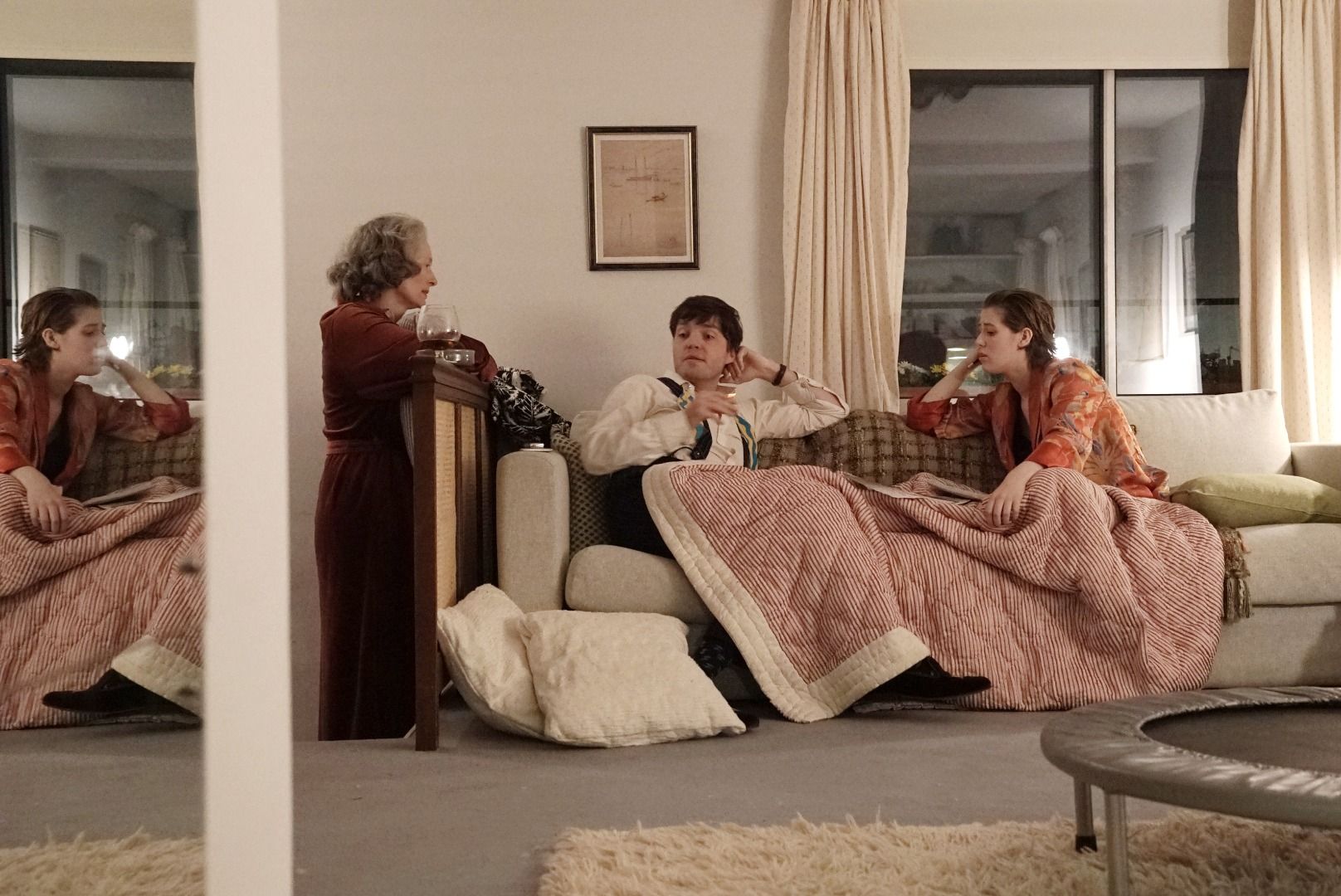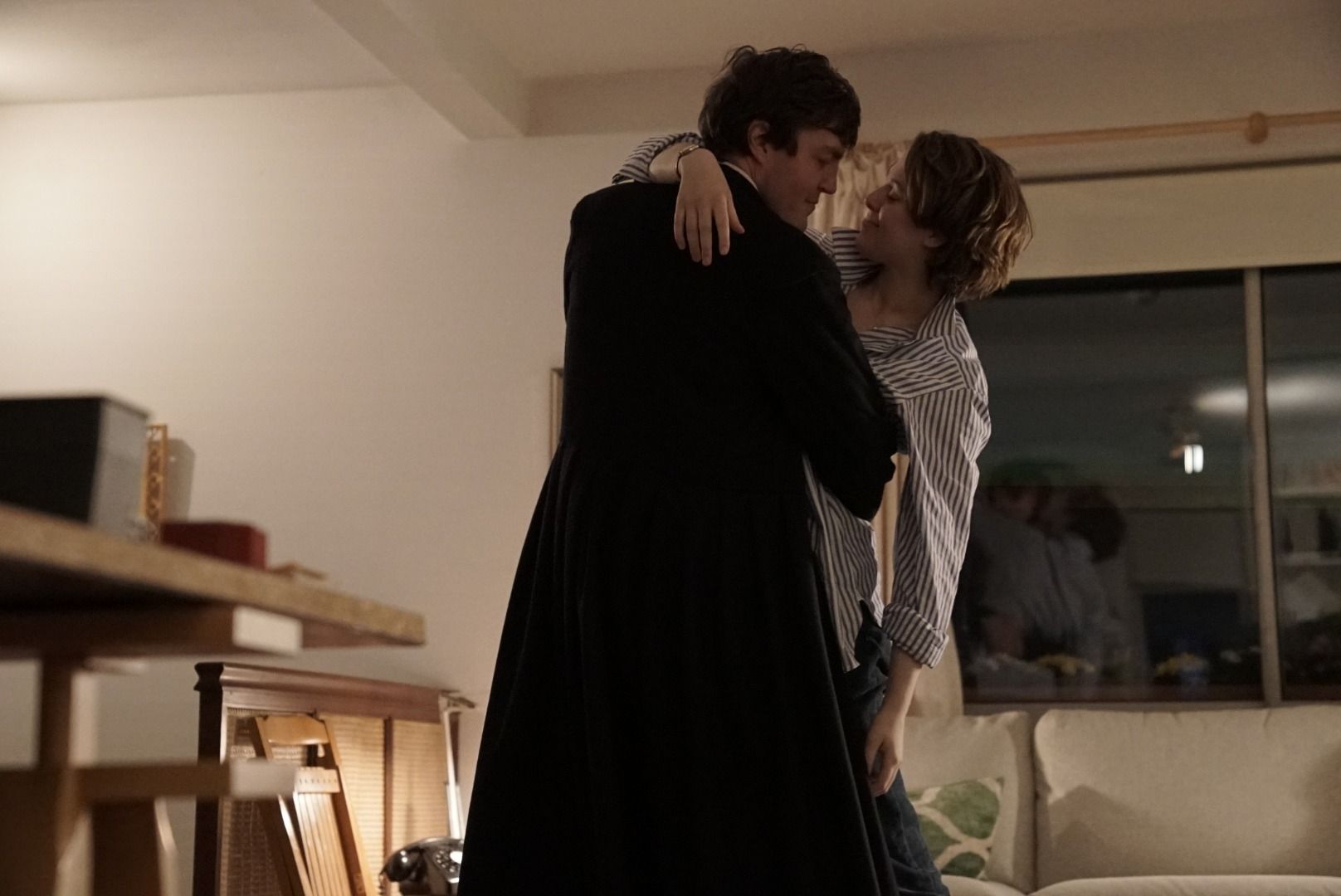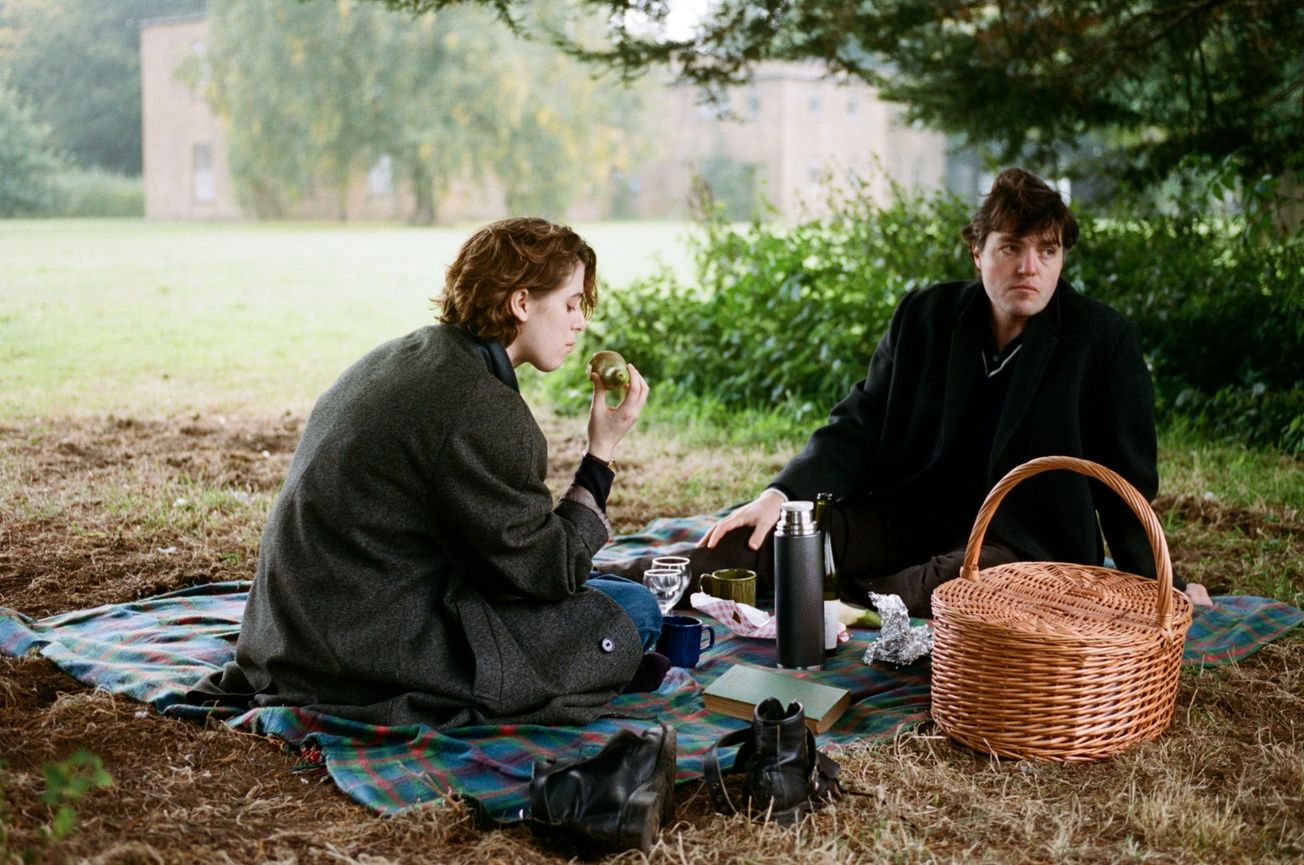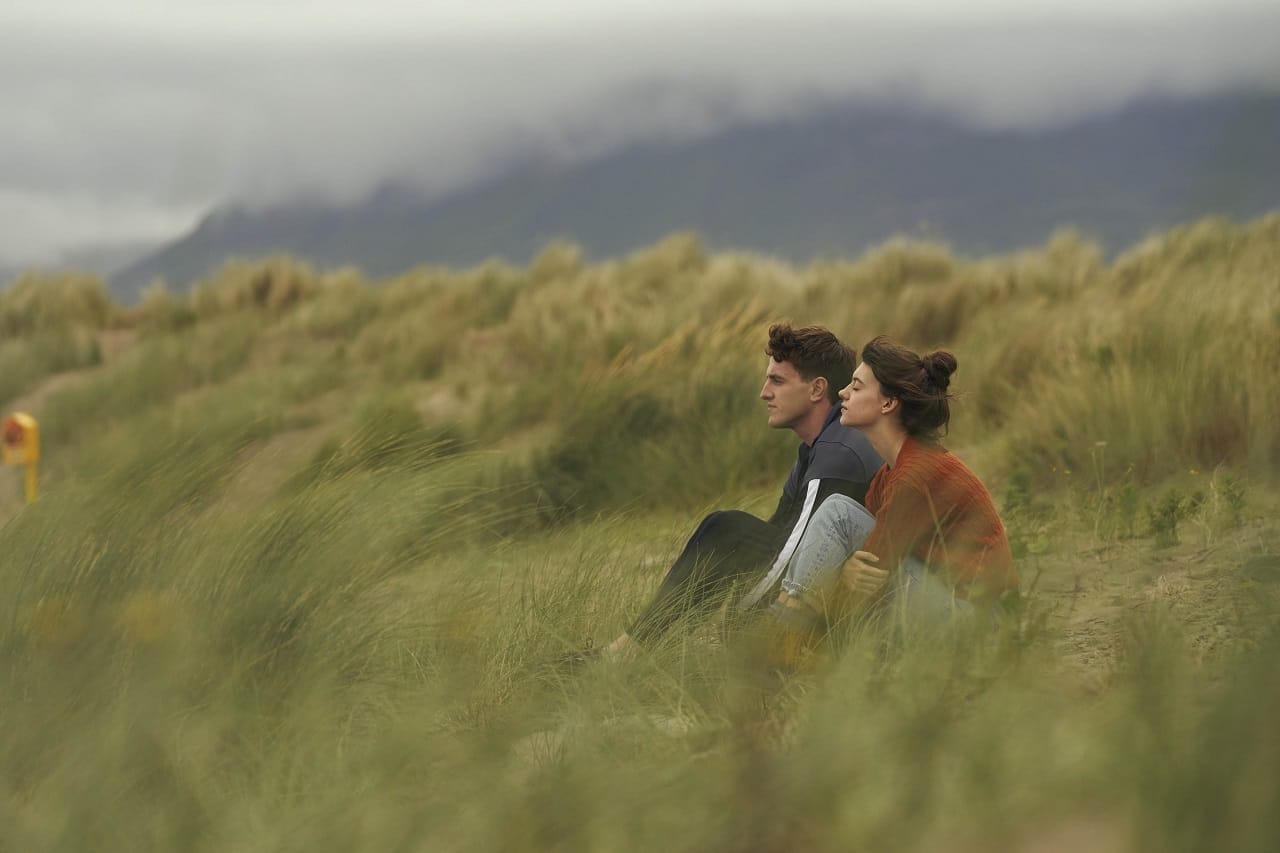By Louie Bell, Deputy Film & TV Editor
Joanna Hogg’s film-about-filmmaking checks a lot of boxes on paper but despite the nostalgic cinematography and Honor Swinton Byrne, Tom Burke and Tilda Swinton all putting in strong performances, the plot still fails to produce any emotional resonance.
How do we react when the boundaries between life and art blur inconceivably? This is one of the central questions in Joanna Hogg’s semi-autobiographical film The Souvenir (2019), in which a young filmmaker Julie (Honor Swinton Byrne) has her life and work upended by the wealthy, pinstripe-flourishing Anthony (Tom Burke).
Julie, ambitious and intelligent, is seeking to escape the ‘bubble’ of her wealthy upbringing by directing a feature film set in Sunderland about working-class communities. Whilst at a party, Anthony arrives - lazing across the sofa in a 3-buttoned suit reminiscent of Jacob Rees-Mogg at the recent Brexit debate - hiding behind puffs of smoke and speaking in a low sarcastic drawl that makes us question the truthfulness of everything he says.

His wistful, winding words worm their way into Julie’s heart however and she falls for his charm over bottles of champagne in expensive restaurants that he pays for with a flick of his pen on a chequebook. Thus begins their relationship that begins to put a strain on everything Julie holds dear and forces her to confront truths about Anthony that lurk under the surface as she impossibly tries to balance work and life.
The performances are wonderful, with Burke slipping seamlessly into the quasi-aristocratic life that contrasts with the 1980s period setting, whilst Swinton Byrne plays Julie with an underlying confidence that even the closest to her miss. She’s referred to by Anthony as ‘fragile’ - ironic given the revelations the films makes about him later on.
Tilda Swinton is also superb as Rosalind, Julie’s mother, a kind and generous woman who will do anything for her daughter but will do it with a quiet separation and coldness.
The performances are wonderful, with Burke slipping seamlessly into the quasi-aristocratic life
The Souvenir looks very pretty. Shot with immense precision on replicated 16 and 35mm film stock, each image has tactility and depth that immerses the characters in an environment, each angle of which could be a framed still or a portrait. Fittingly enough, the production design has a sparse, minimalistic quality that makes it feel like a student film set in which the drama unfolds.
Julie’s role as a student filmmaker and the semi-autobiographical nature of the film lends it a sense of being meta, as if this is a film that Julie would produce herself. The final two shots of the film reinforce this view and are two of the best I’ve seen in a long time from both a technical and emotional standpoint; the penultimate of which genuinely drew a silent “Wow” from me sitting in the Watershed.
Each image has tactility and depth that immerses the characters in an environment
Given all of this, it’s a mighty shame that The Souvenir does not pack the emotional punch that it should. Whilst the performances and the story are all there, it’s the very nature of the characters and their situation that make them hard to engage with.
Joanna Hogg’s The Souvenir - a striking film about Englishness, class privilege, addiction and damaged intimacy in 1980s London. Brilliant use of interiors and framing shots. pic.twitter.com/g3FaAAV31h
— Christina Britzolakis (@CBritzolakis) September 28, 2019
Their socio-economic situation is key to this; how are we supposed to worry about the financial backing for Julie’s film when three times we see her phone Mummy and simply ask for more money so that the overt opulence of her family’s estate extinguishes any doubt of the stability of her future?
While Anthony is initially an entertaining character, it becomes tiresome to watch him play his oppressive, self-centred game without the sufficient narrative to justify any sympathy for him. He is simply unlikable, and the film suffers for it.
This should have been a better film
Not even a surprising cameo from Richard Ayoade as a fellow young pretentious filmmaker can save the film from itself; dressed in leopard-print furs, cigarette perched lightly at the crest of his fingers, he marvels at the bizarre coupling of Julie and Anthony: “How does this … tessellate”, he wonders aloud over supper, before nonchalantly revealing a devastating piece of information about Anthony that will throw Julie’s understanding of her lover out into the cold.

This should have been a better film. We’ve seen the affluence of London’s upper-middle classes explored which greater depth and success in films such as Phantom Thread, successful because whilst demonstrating the extravagant lifestyle and the experience of privilege, they explore its effects more explicitly so that audiences can engage with the film’s social commentary more readily. The Souvenir has all the pieces for a mesmerising interpretation of art, society and love, but sadly cannot weave them together.
Featured image courtesy of Curzon / Agatha Nitecka
Was The Souvenir's vintage feel enough for you to enjoy it?








